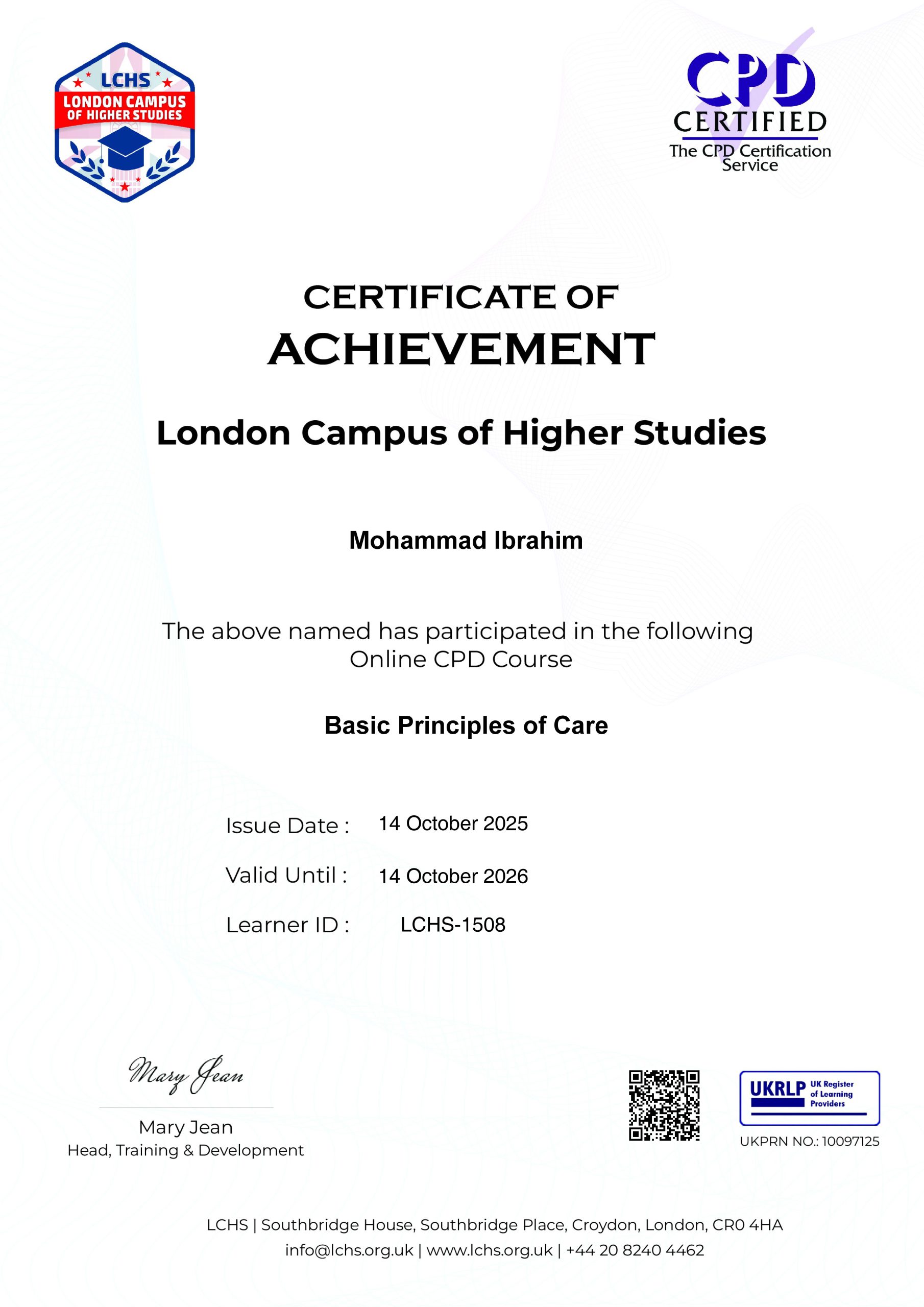- About us
- Programs
- Foundation
- Undergraduate
- OTHM Level 4 Diploma in Accounting and Business
- OTHM Level 4 Diploma in Business Management
- OTHM Level 4 Diploma in Cyber Security
- OTHM Level 4 Diploma in Information Technology
- OTHM Level 4 Diploma in Health and Social Care Management
- OTHM Level 5 Diploma in Accounting and Business
- OTHM Level 5 Diploma in Business Management
- OTHM Level 5 Diploma in Cyber Security
- OTHM Level 5 Diploma in Information Technology
- OTHM Level 5 Diploma in Health and Social Care Management
- OTHM Level 5 Extended Diploma in Accounting & Business
- OTHM Level 5 Extended Diploma in Business Management
- OTHM Level 5 Extended Diploma in Information Technology
- OTHM Level 5 Extended Diploma in Cyber Security
- OTHM Level 5 Extended Diploma in Health and Social Care Management
- OTHM Level 6 Diploma in Accounting and Business
- OTHM Level 6 Diploma in Business Management
- OTHM Level 6 Diploma in Information Technology
- OTHM Level 6 Diploma in Health and Social Care Management
- Post Graduate
- Academic Program
- Bachelor Programs
- BBA (Honours) in Tourism & Hospitality Management
- BBA (Honours) in Business Management
- (BSCS) Bachelor of Science in Computer Science
- BSc (Hons) Business (Top-up) Program
- Bachelor of Business Economics and Management
- Bachelor’s in Computer Science with Specialization in AI & ML
- Bachelor of Computer Engineering
- Bachelor’s in Business Management
- Master Program
- Doctrate Programs
- Course Search
- All Courses
- Bachelor Programs
- Training Courses
- Contact Us
- Admissions

